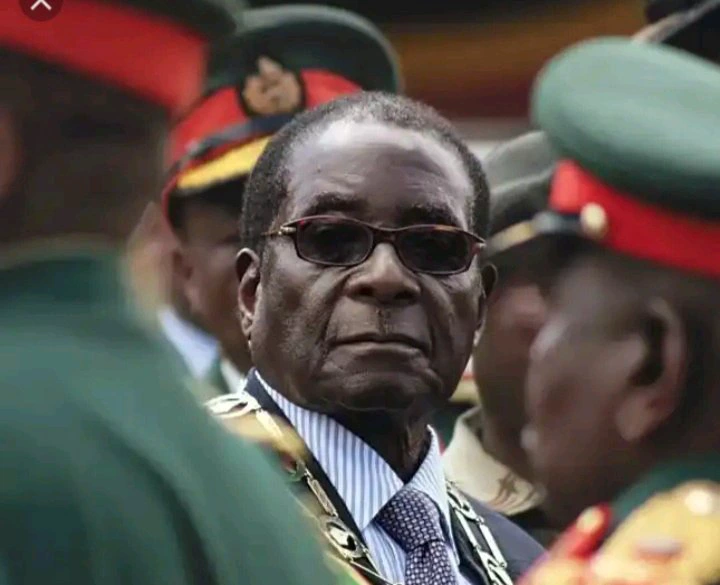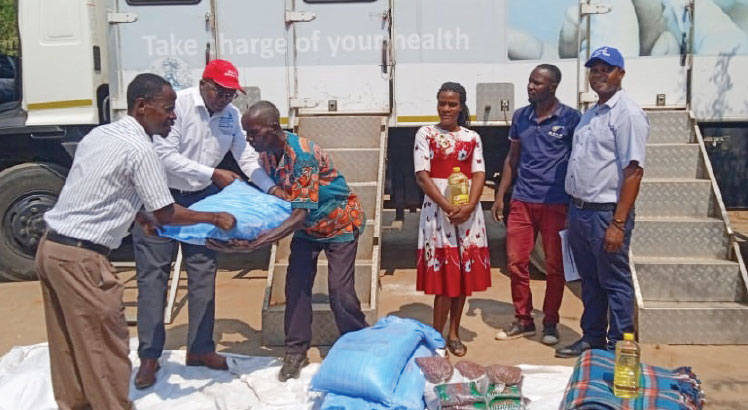Land Ownership Before Independence
For many years, land ownership in Zimbabwe was substantially skewed in favour of Europeans. In 1980, the country had more than 7 million black people and approximately 120,000 white people, although white people owned roughly half of the country’s arable land. On farms, blacks did low-wage manual labour.
How Mugabe evicted White Farmers
The African country’s violent race clashes have centred around farming. As reparation for colonial authority’s wrongdoings, the government began removing property from thousands of white farmers and giving it to blacks. When the Mugabe government began transferring farmland in 2000, the greatest portions were handed to supporters of the ruling party, despite the fact that the recipients had little farming expertise. Mugabe has stated that he will take the land in the same manner that the Whites did.
What is Going on Now?
As agricultural output stagnates, black landowners are inadvertently reaching out to expelled white farmers. There is an abundance of vacant acreage throughout the area. In 1997, the country’s economy was one of the strongest on the continent. This year, it is expected to expand at a 1.5% annual rate. Agriculture’s revenue fell by $17 billion between 2000 and 2021. The country, long known as “Africa’s Breadbasket,” relies on foreign aid to feed 25% of its population.
Current Food Situation
Millions of people require food aid, and around 400,000 tonnes of grain will need to be imported this year.
Food insecurity is exacerbated by Zimbabwe’s shaky economy, which saw annual inflation surge to 191% in August as a result of cost-of-living crises caused by a number of foreign concerns, most notably the Ukraine conflict. Food prices have risen by 50% as a result.
General Public Impact
Zimbabwe’s food security situation has deteriorated due to widespread poverty, HIV/AIDS, a lack of work opportunities, cash flow concerns, frequent climate-related shocks, and economic insecurity.
Low-productivity agricultural techniques and a lack of markets further impede the vast majority of rural inhabitants’ access to food. Undernutrition is widespread, particularly in rural areas with undiversified diets.
Corrective Measures Being Undertaken By Government.
Zimbabwe agreed to pay $3.5 billion in compensation to white farmers whose land had been stolen by the government for the migration of black households in order for the US and UK to ease sanctions.
However, due to a lack of cash, the Republic of Southern Africa was forced to borrow from foreign organizations. According to the agreement signed at President Emmerson Mnangagwa’s State House offices in Harare, white farmers will be compensated for infrastructure, equipment, and land.
 Moni Malawi
Moni Malawi 

